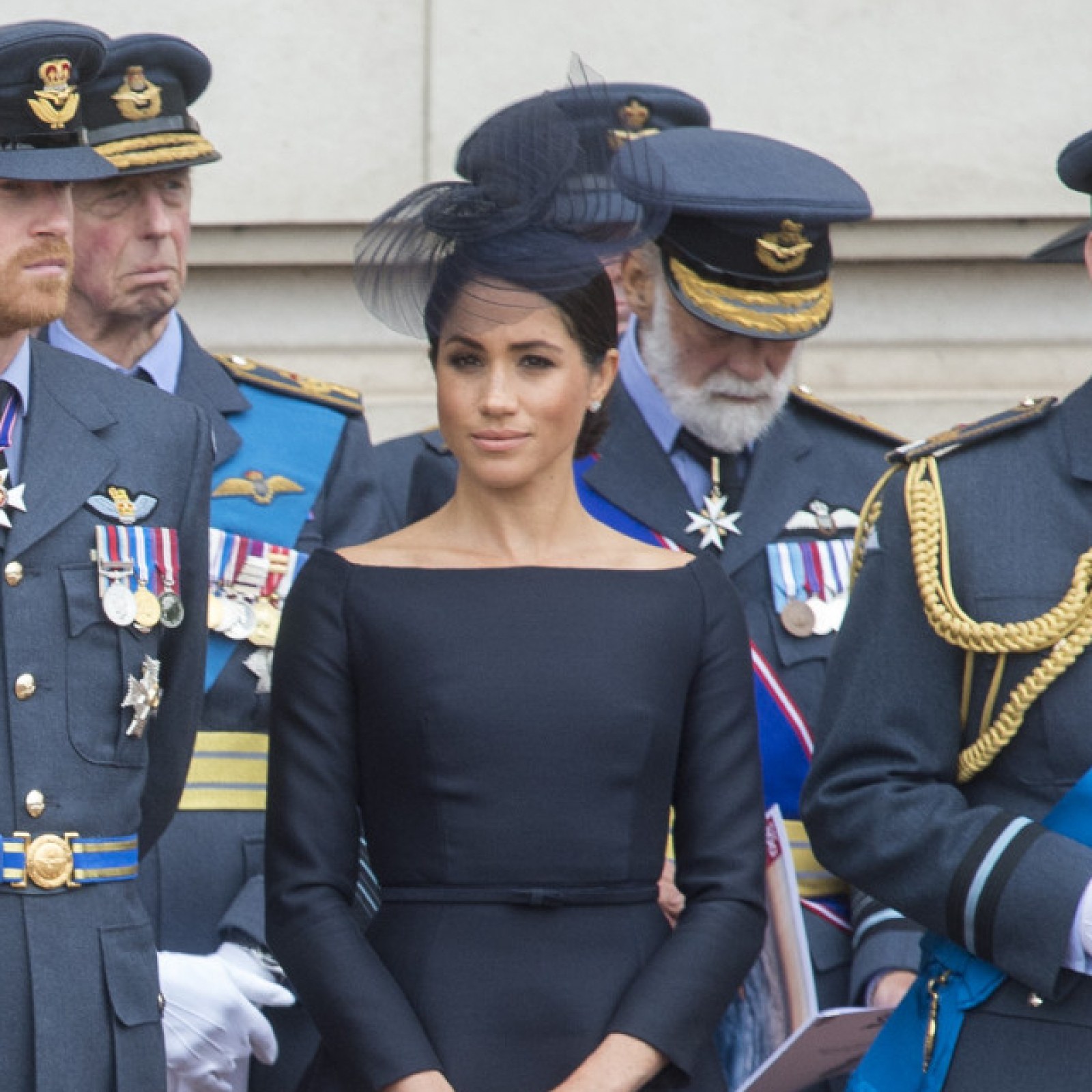Prince Harry and Meghan Markle‘s supposed wish to reenter the royal fold has been largely brushed aside.
Despite this, it seems Harry is eager to make more frequent trips to the UK with his family.
However, a substantial hurdle looms over these potential visits: security concerns.
Harry’s recent appeal to the London High Court, which denied him taxpayer-funded protection while in Britain, highlights the ongoing challenges they face.
Their recent trip to Colombia has reignited discussions about security protocols and the couple’s safety during travels.
While in Colombia, they enjoyed full security detail, a stark contrast to their situation back home.
Former Royal Butler Grant Harrold shared insights from his time with the royal family, noting that Harry typically traveled without a large entourage.
However, given the current climate, he would likely welcome a higher level of protection, especially in locations like Colombia.
He pointed out that security measures in the UK are more rigid due to being funded by taxpayers, and one of the key arguments against providing them security is that they can afford it themselves.
When the Sussexes venture abroad, local authorities usually coordinate their safety, which differs significantly from their experiences in the UK.
Recent revelations have shed light on Queen Elizabeth‘s stance regarding their security.
A newly unsealed letter from early 2020 reveals that despite any disappointment she may have felt towards Harry and Meghan, the late monarch instructed her chief advisor to ensure their safety.
This letter, addressed to Sir Edward Young, emphasized the necessity of protecting the Duke and Duchess of Sussex.
It took into account Harry’s public profile, his military background, Meghan’s own standing, and the documented threats posed by extremists against their family.
This memo was sent to then-Prime Minister Boris Johnson and his entire cabinet, signaling the seriousness of the matter.
Though the Prime Minister had the power to decline the request, royal directives are seldom ignored.
Nevertheless, some analysts express skepticism about whether such arrangements could be replicated moving forward.

